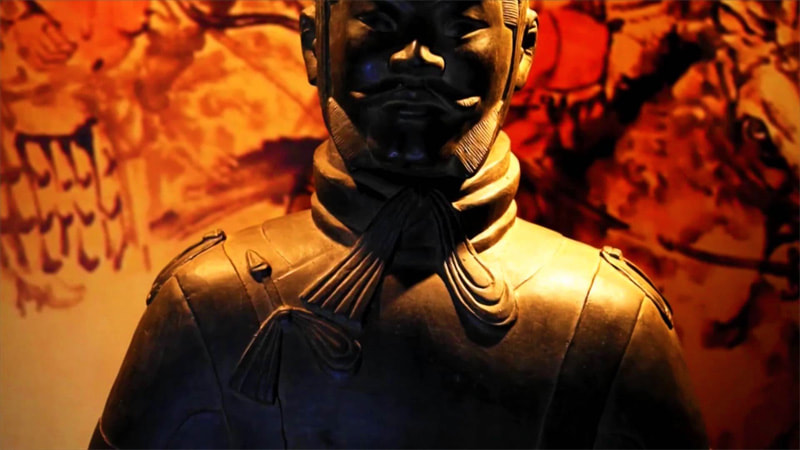I see many people quoting Sun Tzu regarding deceptive tactics but what a rare sighting it is to see them used in their proper context and perspective.
What is their proper context and perspective?
Sun Tzu's sole aim on employing deception is to avoid outright confrontation. Deception isn't used for its own sake. To Sun Tzu, it is used to create formlessness in difficult conflict and competition, minimizing loss and grief for himself and his enemies. In other words, he planned to not only prevail but also prevail with as much gain as possible because All-Under-Heaven would be intact.
In our modern world, this is analogous to Lebron James going for a lay up in basketball. Due to his size, he could knock people down but he would probably get a foul and still fail to achieve his goal. Plus, he's much more skilled than to simply take the obvious path. The more elegant and effective solution would be to deceive his opponents to move to the right when he goes to his left and then straight to the basket untouched.
Other examples might include a parent coaxing his or her child to eat vegetables shaped like dinosaurs, a teenager pretending he doesn't want those new Nike shoes because his single mother can't afford them, or a friend emphasizing a small improvement for encouragement and so purposefully left out the rest.
Therefore, deception isn't always bad and is applied in countless benevolent endeavors that are considered skillful, intelligent, and humane.
Sun Tzu's ultimate goal in warfare isn't to win 100 battles but to win without fighting. To transform the most violent human activity into a peaceful one would seem to require a little bit of magic, which itself is a matter of deception that often produces many smiles and cheers.
And more smiles and cheers are sorely needed in a world that can barely take care of itself much less have time and resources to waste on fighting and destruction. With both heart and mind engaged, we can all think beyond the obvious and become more effective.


 RSS Feed
RSS Feed